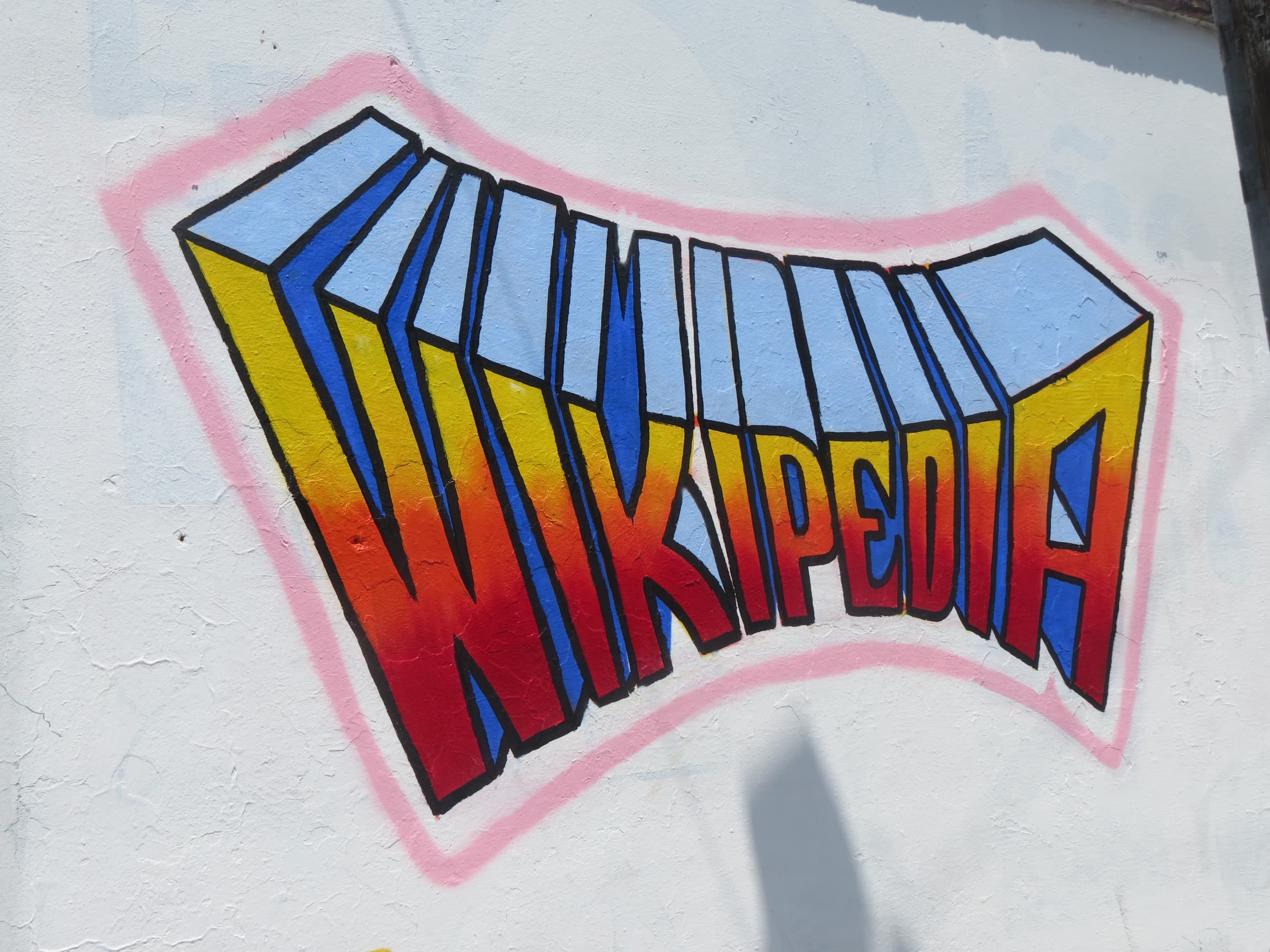Wikipedia as a Source of Historical Knowledge: Applying Digital Source Criticism
- Authors
- Topics

The lesson invites historians to adapt their critical approach to Wikipedia as a born-digital source for historical research. More specifically, it suggests ways to apply digital source criticism to Wikipedia’s infrastructure and content and to explore potential uses of Wikipedia for historians. The lesson proposes a short introductory video and a set of five assignments. No specific technical skills are required to complete the assignments, the only requirements being an internet connection and, ideally, knowledge of a second language (in addition to English) to complete the fifth assignment, which is based here on knowledge of English and French but can be adapted to other languages.
Scope of the lesson
Wikipedia is a free, openly accessible online encyclopedia that is written and edited collaboratively by a global community of volunteers known as Wikipedians. It covers a wide range of topics and, as of July 2024, is available in 331 languages. Wikipedia constitutes an online repository of knowledge, including historical knowledge, with its own infrastructure, technology, policies and guidelines, and a community of people who constantly review and update its content.
The launch of Wikipedia in 2001 and its increasingly widespread use stirred debates among historians: the web-based, crowdsourced model of knowledge production challenged traditional academic writing based on research expertise and peer review. Some scholars saw Wikipedia as an intellectual opportunity to redefine historical writing in the digital age; others criticised the lack of academic authority, the community engagement in the form of free labour, and even the gender- and race-related disparities in terms of community members and thematic coverage. The debates remain open, but nowadays historians make use of Wikipedia in various ways. They can use it as a platform for public history, as a means of communicating historical knowledge to a broader non-academic audience by creating and/or editing Wikipedia articles, thereby sharing authority with other Wikipedians. Digital historians use open Wikipedia data to apply computational analysis methods to various historical issues. But over and above the methodological applications, Wikipedia articles are of interest as born-digital sources that contain historically stimulating information about how Wikipedia users perceive and interpret the past. This information can be extracted both from the main content of Wikipedia and also from the discussions and debates between Wikipedia users, which take place “behind the scenes” in the “talk pages” of articles.
This lesson does not focus on the academic debates, or even controversies, about Wikipedia. Instead, it suggests that historians embrace Wikipedia as a born-digital source for historical research, and adapt their critical approach to it.
Learning Outcomes
After completing this lesson, learners should be able to:
-
Understand why the creation and popularisation of Wikipedia matter for historians
-
Understand the policies and guidelines that define historical knowledge production in Wikipedia
-
Become familiar with the features of the Wikipedia infrastructure that allow users to contextualise the collaborative production of historical narratives
-
Recognise how the features of the Wikipedia infrastructure shape historical narratives
-
Understand how shared authority shapes the formation and evolution of historical narratives in Wikipedia
-
Detect a variety of cultural perspectives and the ways in which they are expressed in historical narratives in Wikipedia
